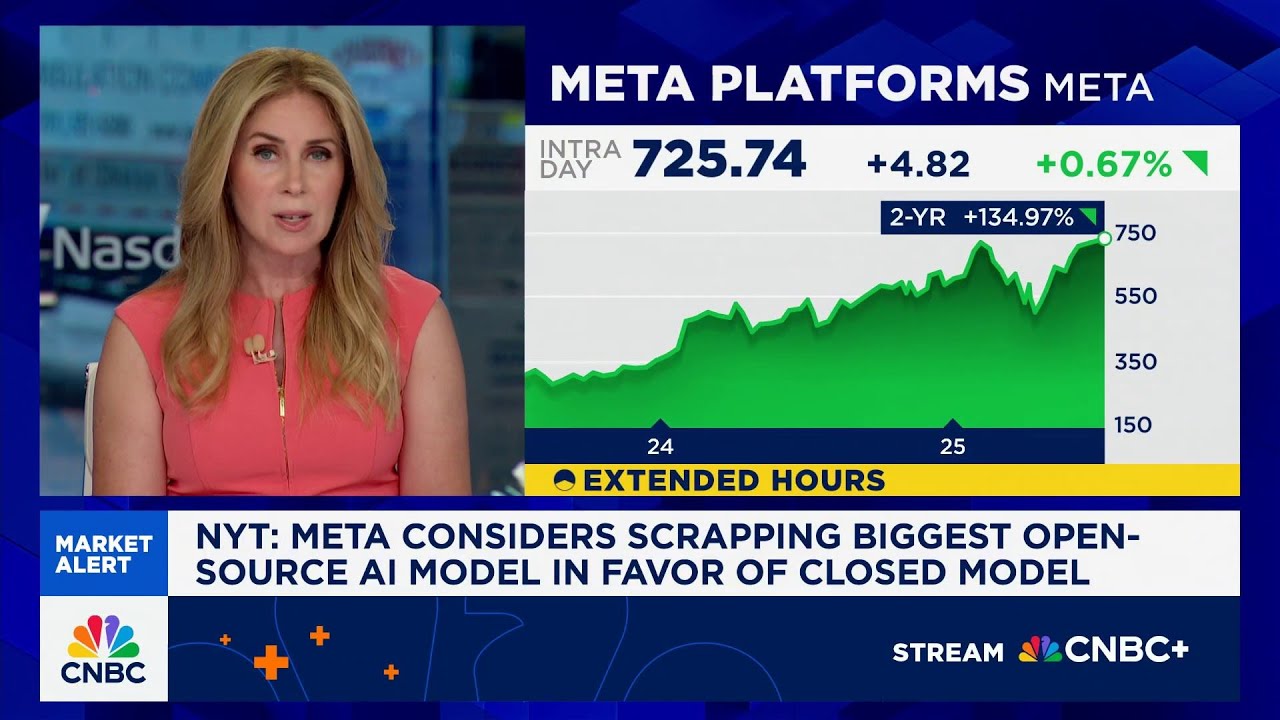Meta is reportedly reconsidering its AI strategy by potentially abandoning its largest open source AI model due to underwhelming performance, shifting focus towards developing a closed AI model instead. Despite this, the company asserts it will continue supporting open source AI efforts, reflecting a balance between transparency and competitive advantage in its evolving approach.
Meta is reportedly considering a major shift in its artificial intelligence strategy, according to a recent report by The New York Times. The company’s superintelligence lab is reportedly contemplating abandoning its most powerful open source AI model. Instead, Meta may focus on developing a closed AI model, which would mark a significant departure from its previous commitment to open source AI efforts.
The report highlights that Meta has already completed data training for its large open source AI model, often described as a behemoth due to its scale. However, the company has refrained from releasing this model publicly. Internal assessments have indicated that the model’s performance has been underwhelming, which has contributed to the decision to hold back on its release.
Despite these developments, Meta maintains that its overall stance on open source AI remains unchanged. A spokesperson for the company emphasized that Meta plans to continue releasing leading open source AI models. The company has a history of selectively releasing AI technologies and intends to keep training a combination of both open and closed models moving forward.
This potential pivot reflects broader industry trends where companies balance transparency and collaboration with competitive advantage and control over proprietary technology. Meta’s move towards a closed model could be aimed at improving performance and safeguarding intellectual property, even if it means stepping back from the open source community to some extent.
Overall, Meta’s evolving AI strategy underscores the challenges and complexities tech giants face in advancing artificial intelligence. The company appears to be recalibrating its approach to optimize outcomes while managing risks, signaling a nuanced future for its AI development and deployment.
